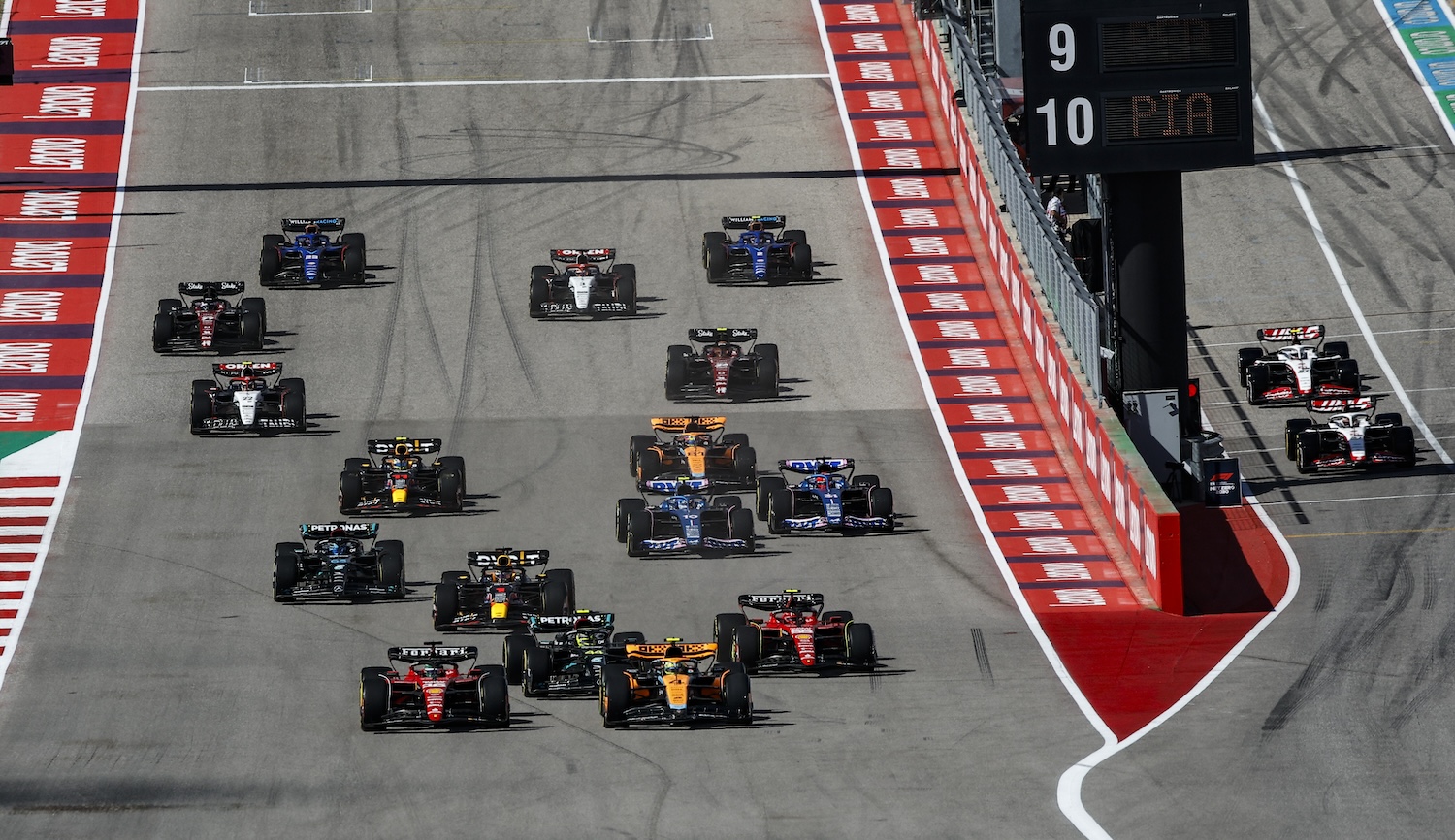This past Friday, right before the start of the 2024 Formula 1 season, Road & Track published a first-person dispatch from architecture critic and sportswriter Kate Wagner, who attended the United States Grand Prix in Austin last October. As Wagner wrote in the piece, Road & Track "forwarded me the opportunity on behalf of" the British chemical conglomerate Ineos, a major sponsor of the Mercedes team. The article, "Behind F1's Velvet Curtain," is pretty compelling as a scene report. It examines how the obscene amounts of money flowing through F1 can warp reality, as well as the propagandistic way F1 is covered by subservient press corps. The article might have been provocative, but nothing stuck out as objectionable, or worthy of deletion.
Only hours after the story was published, it was removed from the Road & Track website. While the archived version still exists, there's no note from the magazine's editors acknowledging the removal. When asked about the story by Defector, Wagner said, "I worked really hard on the story and I personally stand by it," but declined further comment.
When reached by email on Monday, Daniel Pund, who was appointed editor-in-chief of Road & Track in January, said that he made the call to delete the article. Pund denied that there were any complaints from the brands or organizations named in Wagner's story. His statement:
The story was taken down because I felt it was the wrong story for our publication. No one from the brands or organizations mentioned in the story put any sort of pressure on me or anyone else. In fact, I heard nothing at all from anyone on the story. No contact whatsoever.
It was unfortunate and I can understand how people might jump to the conclusion that pressure of some sort was brought to bear. It wasn’t. Truth is, when the story was assigned, written and edited I was Executive Editor of Road & Track, not EIC. I was dealing almost exclusively with the print magazine. The story had been assigned and edited by the digital team. Had I been aware of the story I would have put a stop to it long before it ever posted.
I’m afraid this is a much more mundane situation than you might have imagined.
Pund's statement explains some of the process, but not all of it. It's unclear why there was no explanation to readers as to why a 5,000-word feature suddenly vanished, or how an article of that size went through edits without Pund's knowledge, even if it were only on the digital side. Presumably this had been cooking for a while, since it was based on a race that happened in October.
As an automotive magazine, Road & Track, which has previously published two pieces by Wagner, relies on the good graces of significantly more powerful organizations and entities like Formula 1, Ineos, and various auto manufacturers. Wagner's story is in part about these very same odd relationships and uncomfortable power dynamics. "The petrochemical companies, deeply powerful institutions, need journalists to write about all the things they attach themselves to that are not being a petrochemical company," Wagner wrote in her closing paragraph.
In the days since deletion, Wagner's story has been passed around and widely praised far outside of the normal circles of Road & Track's typical readership. Pund's claim that it was the "wrong story for our publication" seems to say less about the story and more about his vision for the publication.






